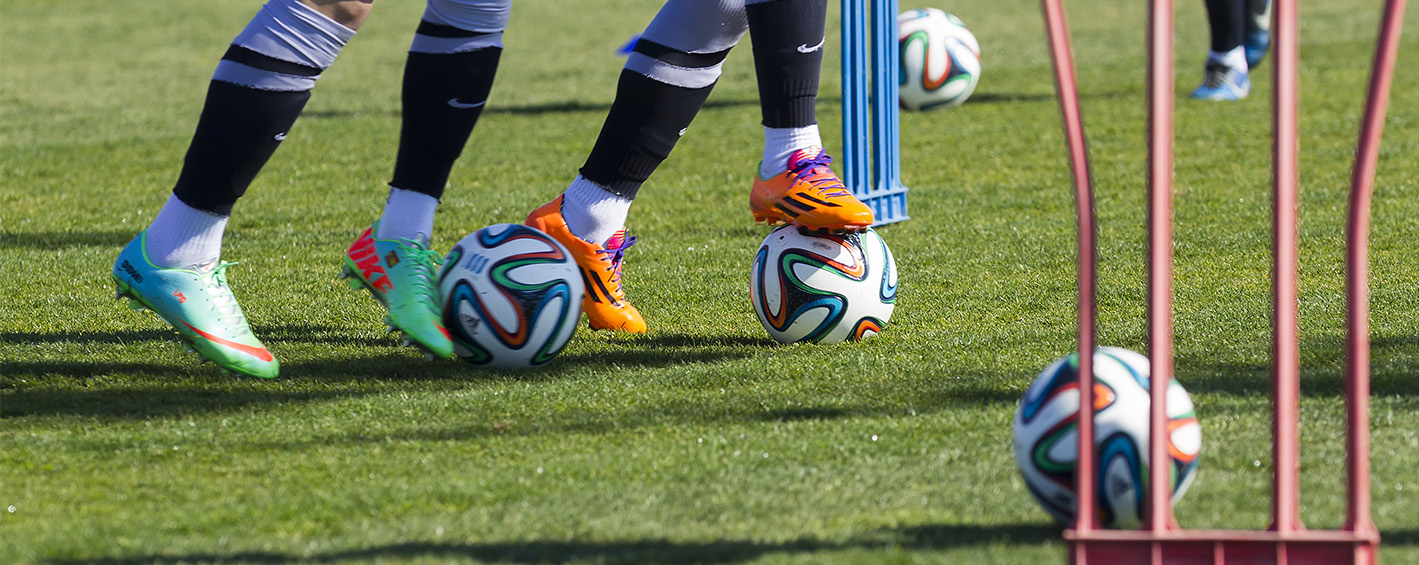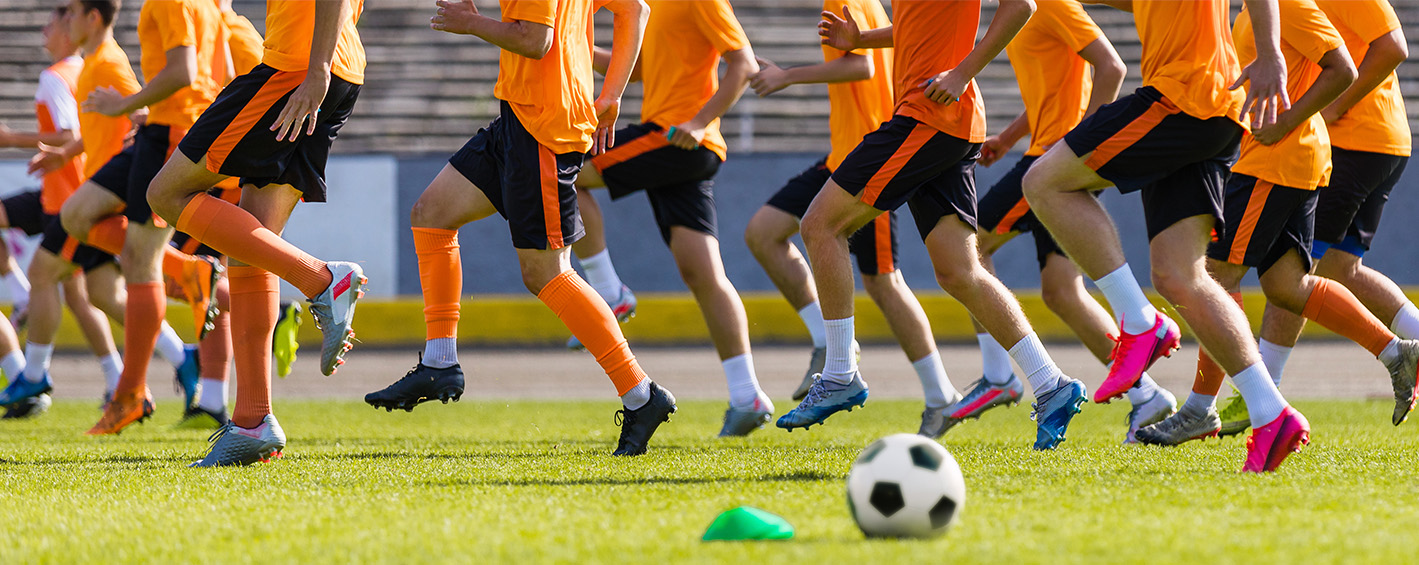Share it
By prioritizing warm-up activities, players can enhance their performance, reduce the risk of injuries, and maximize their enjoyment of the game.

Warming up before a soccer match is essential for youth players. A proper warm-up routine helps prepare their bodies physically and mentally for the demands of the game while reducing the risk of injuries. Here's why warming up is important and what it should entail:
- Injury Prevention: Warming up increases blood flow to the muscles, making them more flexible and less prone to injury. It also prepares the joints, ligaments, and tendons for the dynamic movements required during the game, reducing the risk of strains, sprains, and other injuries.
- Improved Performance: A thorough warm-up primes the body for optimal performance by increasing heart rate, respiratory rate, and body temperature. This enhances muscle responsiveness and coordination, allowing players to move more efficiently and effectively on the field.
- Mental Preparation: Warming up also helps players mentally prepare for the game ahead. It provides an opportunity to focus on the task at hand, visualize success, and build confidence, contributing to better concentration and decision-making during the match.

A comprehensive warm-up for youth soccer players should include the following components:
- Cardiovascular Exercise: Begin with light aerobic activities such as jogging, skipping, or dynamic stretches to gradually elevate heart rate and increase blood flow to the muscles.
- Dynamic Stretching: Incorporate dynamic stretches that mimic the movements used in soccer, focusing on the lower body muscles involved in running, kicking, and changing direction. Dynamic stretches help improve flexibility, mobility, and range of motion.
- Technical Exercises: Include drills that involve ball control, passing, dribbling, and shooting to sharpen skills and reinforce muscle memory. These exercises also help players get a feel for the ball and build confidence before the game.
- Team Integration: Use warm-up activities that promote teamwork, communication, and camaraderie among players. Passing drills, small-sided games, or positional exercises can help players synchronize their movements and build cohesion on the field.
- Mental Preparation: Encourage players to mentally focus on the game by visualizing successful plays, strategies, and scenarios. Incorporate breathing exercises, positive affirmations, or team chants to foster a winning mindset.
Overall, a well-rounded warm-up routine should last approximately 15-20 minutes and gradually progress from low-intensity activities to more game-specific movements. Coaches should tailor the warm-up to suit the age, skill level, and physical condition of the players while ensuring it addresses the specific demands of soccer.